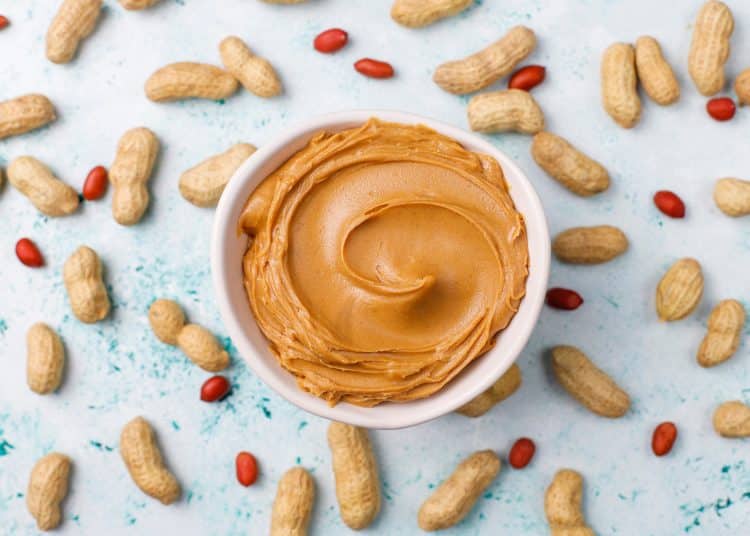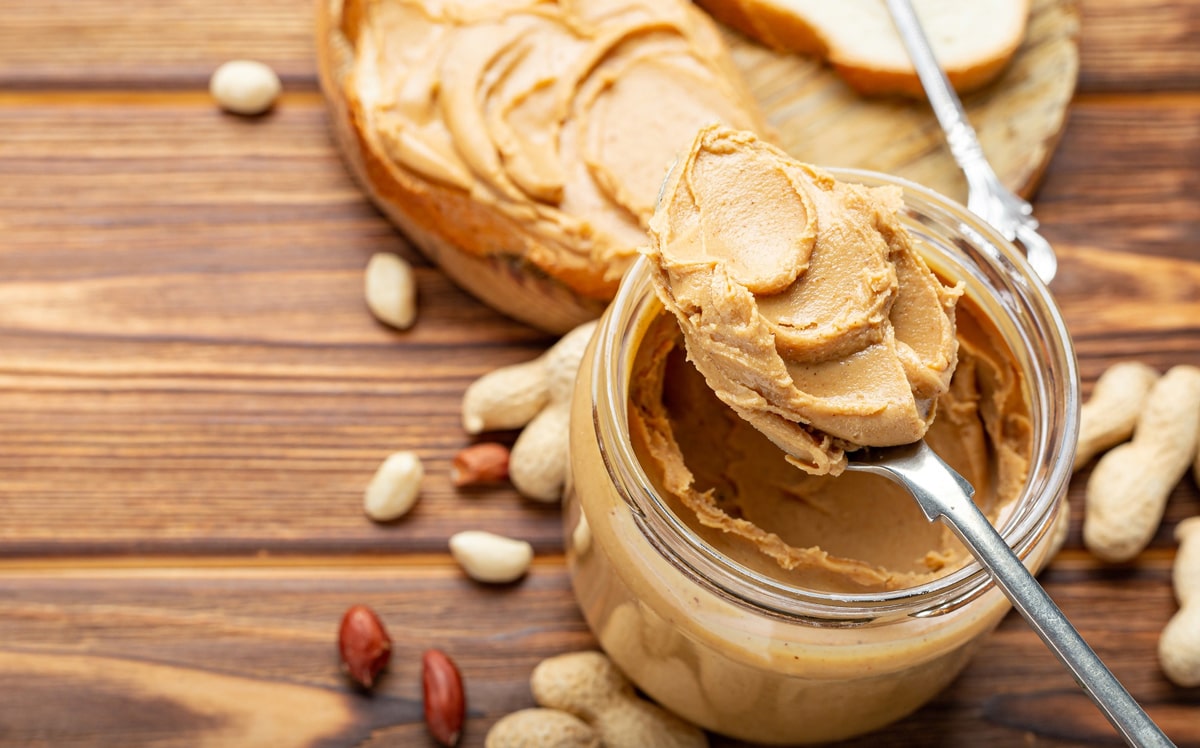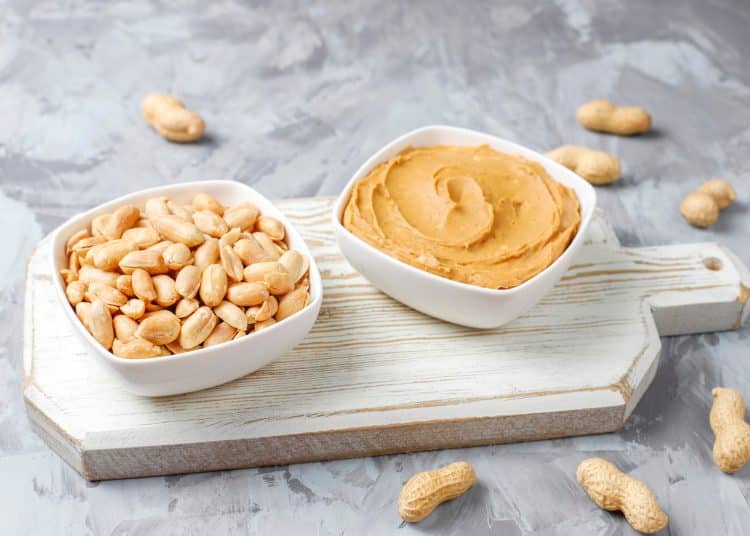Peanut butter, often seen merely as a delicious spread or a quick snack, has taken the fitness world by storm due to its myriad of health benefits. Far from the mundane choices of whey or mass gainers loaded with sugars, peanut butter stands out as a natural champion. Its reputation is not merely a result of its delectable taste but rather the profound impact it has on muscle building, fat loss, and overall nutritional richness.
A Deep Dive into the Protein Profile
Peanut butter boasts a moderate protein content. However, it’s essential to note that this protein is incomplete, implying that it doesn’t offer all the necessary amino acids our body needs. But there’s a quick fix: combine it with a complementary protein. For instance, the bread in a classic peanut butter sandwich. Together, they ensure that all nine essential amino acids are present. And for those who love to add peanut butter to their shakes, the debate on incomplete protein becomes inconsequential. Check our calculator to find your daily protein intake calculator.
Arginine: The Unsung Hero in Peanut Butter
One remarkable amino acid present in peanut butter is arginine, often overshadowed by the general protein content. Arginine plays a pivotal role in muscle-building. Not only does it speed up the repair of damaged tissues, making it invaluable after intensive weight training sessions, but it also aids in cell division, crucial for muscle growth.
There’s more. Arginine potentially boosts the release of growth hormone, as suggested by various studies. This hormone, produced by the pituitary gland, is a potent fat-mobilizing agent, a blessing for those aiming to shed body fat. This could be the secret behind the ability of many fitness enthusiasts to consume calorie-dense peanut butter without gaining undue weight.
Let’s not forget the role of arginine in producing nitric oxide. This compound promotes vasodilation, enhancing blood flow to muscles, thereby aiding in faster recovery post-exercise.
A Treasure Trove of Vital Nutrients
- Biotin: Biotin in peanut butter plays a crucial role in converting carbs and fats to energy. It is also speculated to possibly enhance testosterone production, vital for muscle growth and strength.
- Magnesium and Zinc: Intense workouts often lead to a depletion of magnesium due to sweating. Zinc, on the other hand, strengthens the immune system. Both these minerals in peanut butter also play a role in maintaining high testosterone levels, pivotal for muscle growth and recovery.
- Copper: Notably, copper, the third most abundant mineral in our body, is found in peanut butter. Especially vital for those focusing on strength training, copper plays an essential role in strengthening tendons.
- Vitamin E and Resveratrol: Both potent antioxidants, they play a role in warding off diseases and in the efficient functioning of mitochondria, crucial for muscle growth and fat loss.

The Healthy Fat Content
The majority of fat in peanut butter is of the mono and polyunsaturated kind, which are heart-protective. These fats, combined with the fiber in peanut butter, also contribute to a feeling of fullness, making it an excellent choice for those looking to manage their calorie intake.
A Note on Natural vs. Processed Peanut Butter
While extolling the virtues of peanut butter, it’s essential to differentiate between natural and processed varieties. Processed peanut butter often comes loaded with sugar, which can offset many of its benefits. Thus, when aiming for the best results, always opt for natural, unsweetened variants.
Conclusion
To dub peanut butter merely as a ‘tasty spread’ would be a colossal understatement. It’s a power-packed superfood offering a plethora of benefits for fitness enthusiasts. Whether you’re trying to gain muscle, lose fat, or merely lead a healthier lifestyle, incorporating peanut butter might just be the game-changer you need.
Note: Always ensure to consult with a nutritionist or a dietitian before making significant changes to your diet.
Tip: If you're signed in to Google, tap Follow.










